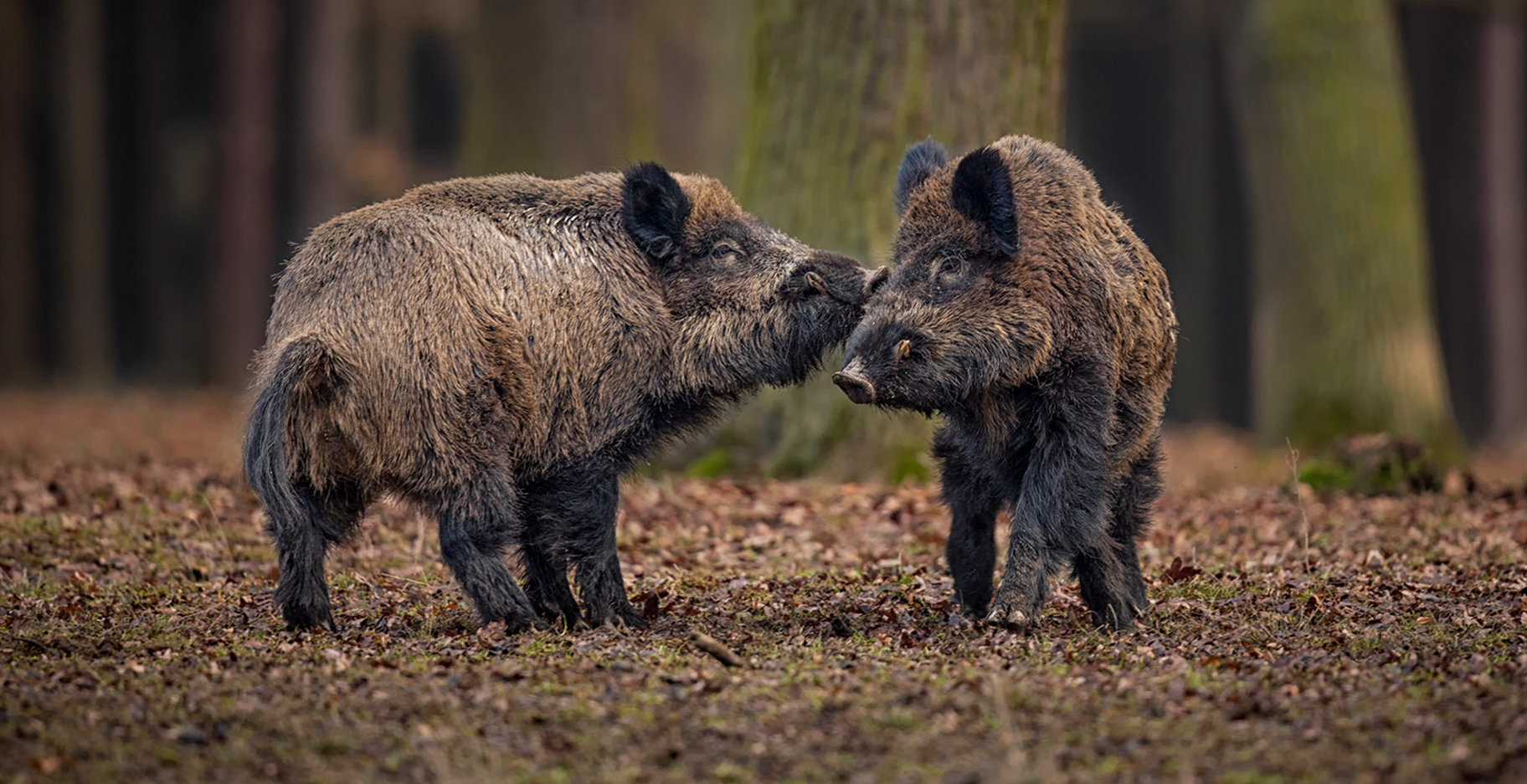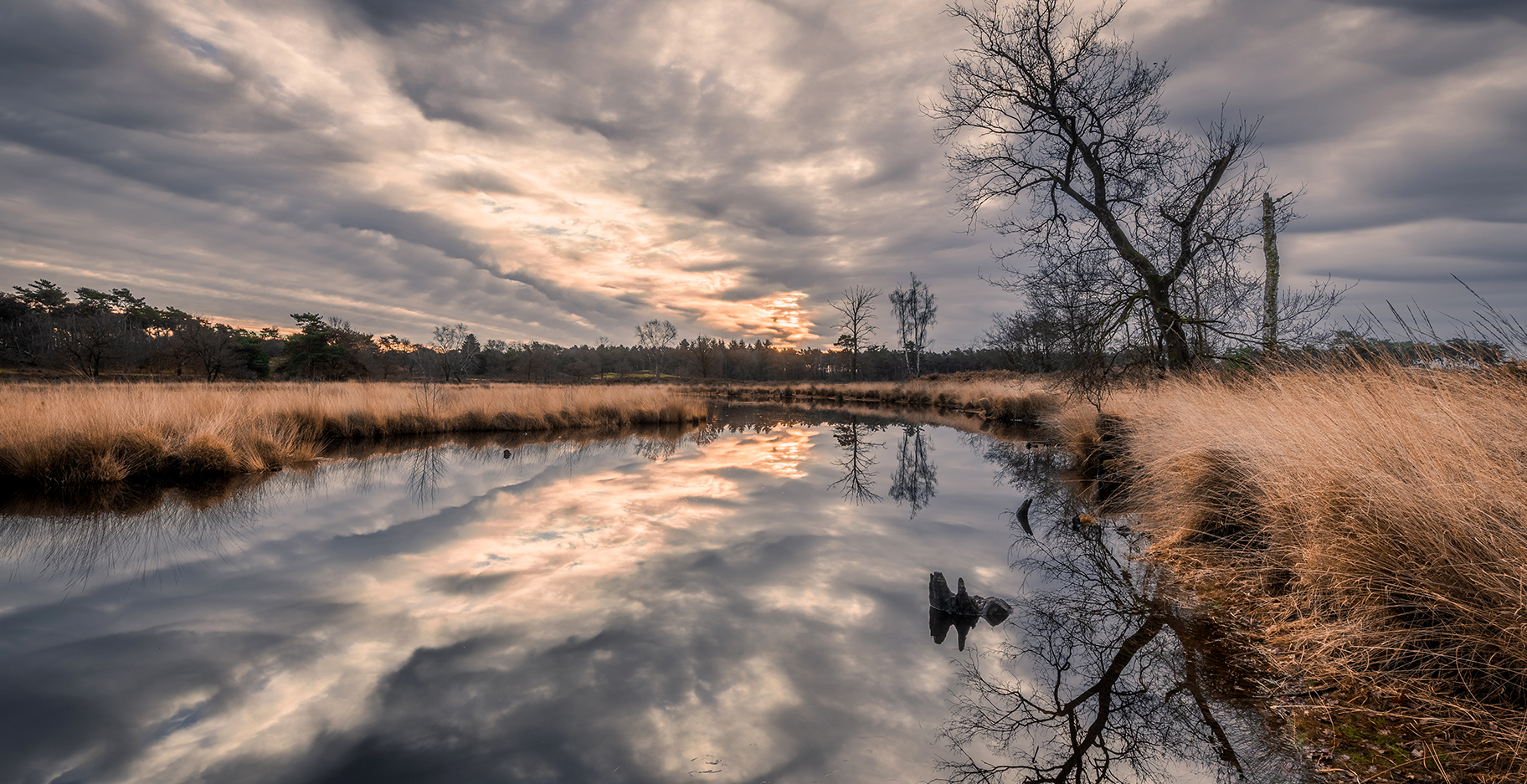
WILD FAUNA IN GREECE
The importance of Greek wildlife is truly invaluable. Greece, with its rich biodiversity, emerges as a true treasure for nature. As we discover the variety of species spread across the Greek land, we realize how important it is to preserve and protect this wealth for future generations. Greek wildlife is not just a collection of species living in a specific geographical area – it is the expression of our natural history and the evolution of our land. It is our land’s contribution to the global puzzle of life, offering prospects for new scientific discoveries. It is part of our culture, tradition, and identity. Wildlife reflects our relationship with the environment and how we perceive the world around us. Therefore, its Protection and Conservation are not only a scientific necessity, but also a moral obligation. Every species lost from our world is a gap in the wealth of Nature and our culture.
Greece is the hub of biodiversity in the Mediterranean basin. It hosts a huge variety of vital material, including many endemic species found exclusively in our country and nowhere else in the world. Therefore, its significance and our relative responsibility for the conservation of this natural wealth are crucial.
The number of animal species in our country is estimated to reach 50,000, with 24,731 species of invertebrates (estimated at about 27,000 species) and 1,273 species of vertebrates, with an endemism rate of over 16%. Thus, Greece’s significance is very important for the conservation of Europe’s overall biological capital, which is protected under the Habitats Directive (92/43/EEC) and the Birds Directive (2009/147/EC).
Our country has 88 habitat types and 238 species of wildlife belonging to the European conservation interest, covering 38% of habitat types and 32% of wildlife species in Europe. Specifically, protected animal species amount to 46 species of invertebrates (35 arthropods, 8 mollusks, and 3 other invertebrates), 65 fish species, 17 amphibian species, 50 reptile species, and 60 mammal species. Of these, 221 species are terrestrial and 20 species are marine, with the note that three fish species belong to both categories. Additionally, the country hosts 292 bird species of European conservation interest (65% of Europe), with 253 of these species reproducing within our borders, according to the Birds Directive.
Every species in the natural world, whether herbivorous, carnivorous, or omnivorous, participates through its diet in one or more food chains, acting either as a predator or as prey. Food chains combine to create the food web of the local ecosystem. The loss of a species’ population, which serves as a link in the food chain, leads to its breakage and the loss of ecosystem balance. Wildlife species contribute to ecological balance and provide various services to humans, contributing to their well-being. Therefore, their protection is a matter of high importance.
Let us, therefore, take responsibility for the Protection and Conservation of this treasure that has been given to us. Let us unite our forces to ensure that Greek wildlife will continue to surprise and inspire future generations. Let us leave a legacy of irreplaceable beauty and wealth to future Greeks, showing them that nature deserves our protection and the respect of all of us.


